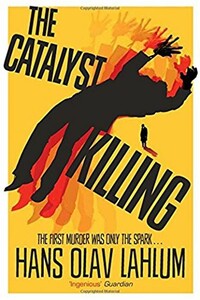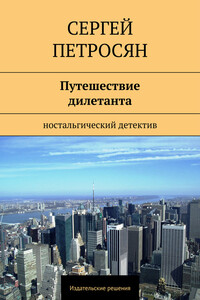Satellite People | страница 122
I could not deny this. So I gave a friendly nod and assured her that I would very much like to clear up the mystery surrounding her husband’s death at the same time.
Mona Varden had a spacious and tastefully decorated two-bedroom flat from the early 1900s. The most striking feature was a door that was barricaded by a large bed.
The coffee and cakes were already on the table when I came into the living room. As was Bjørn Varden. The photograph was old, but his eyes were still clear. The picture showed a tall, fair-haired and handsome man in a dark suit on his wedding day. His wife’s dress was a dazzling white, as was her smile.
She pointed to the picture and gave another fleeting smile.
‘That was on Sunday, 13 October 1939, in Gamle Aker church. The war had already started in Europe, but here in Norway everything still felt very safe. We had to marry in a bit of a rush, but were thrilled to do so. We had been together for a little over two years and I had wanted to get married for as long. But Bjørn had had a hernia when he was younger and was afraid that he might not be able to have children. And in that case, he wanted me to be free to choose another man, or so he said. Even though I assured him time and again that he was the only one for me. Then on 1 October 1939, I told him that I was pregnant. He wept with joy and asked me to marry him on the spot. We ran hand in hand to the priest, who granted us dispensation and agreed to marry us two Sundays later. We were the happiest people in the world that autumn, even though we only had a room in my mother’s flat and had to borrow money for the wedding meal.’
I nodded and waited patiently for her to continue. Mona Varden lost herself in her memories for a while, but came back to earth before the coffee got cold.
‘When our love child was born, she was born into an occupied Oslo. It has plagued me since that I tried to stop Bjørn the first time he mentioned joining the Resistance. I thought that his primary duty was to make sure that his daughter had a father. He said that his duty was to ensure that all the brothers and sisters she would have later were able to grow up in a free country and lead valuable lives. And he was, of course, right. My saving grace is that I soon gave in and later supported him wholeheartedly.’
She looked slightly worried when she said this. I hastily commented that I was sure that he understood and appreciated that.




